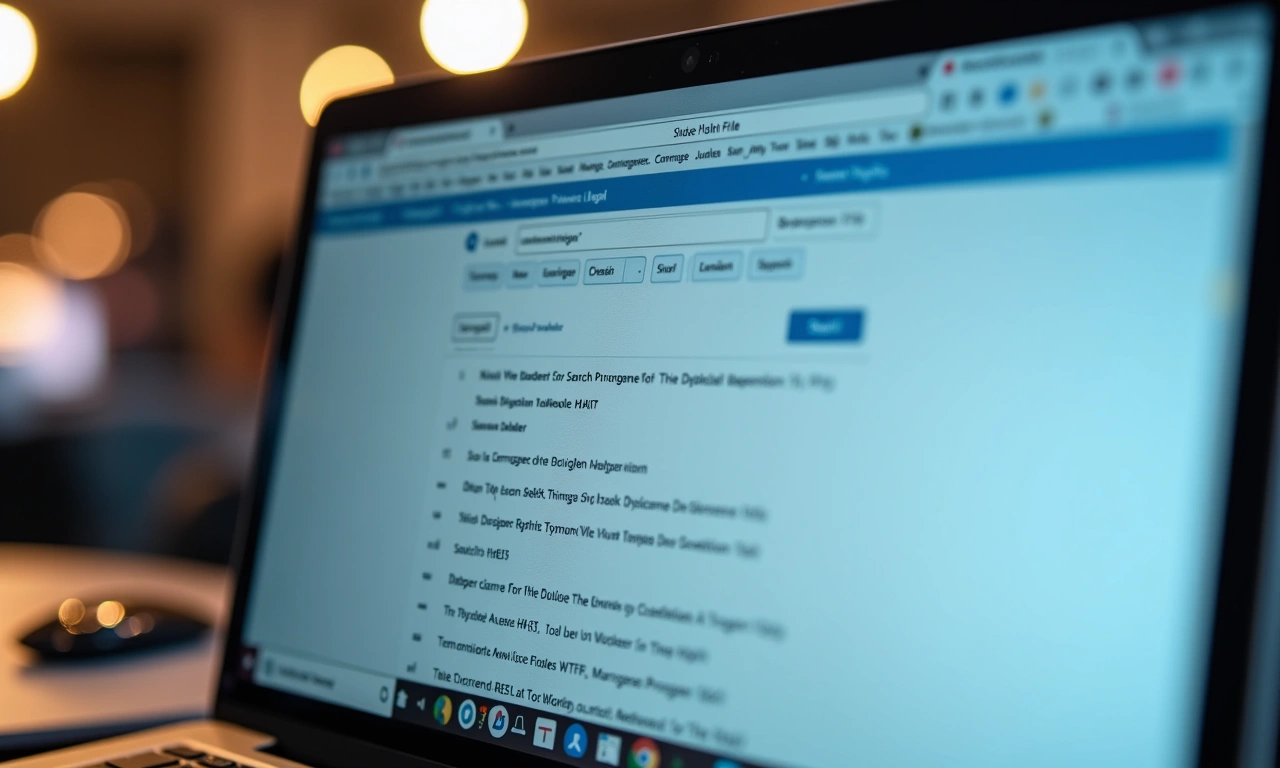Many Haitian diaspora professionals and Haitian-Americans are returning home to work, drawn by reconstruction opportunities and the chance to rebuild their nation. But the job market is not what they expect: salaries are lower, infrastructure is limited, and workplace culture is dramatically different from abroad.
This guide draws on interviews with eight professionals who have worked in Haiti—in education, humanitarian work, hospitality, administration, and diplomacy—to reveal what actually awaits you: the obstacles to expect, the misconceptions to discard, and the rewards that keep people there.
Understanding Haiti’s Job Market After the 2010 Earthquake
The 2010 earthquake that devastated Haiti brought an influx of international nongovernmental organizations (NGOs) focused on disaster relief. As reconstruction efforts matured, many of those organizations left, taking jobs with them. However, according to Rose L. Jeudy, founder of Haiti Staffing and Business Resources (HSBR), an employment firm established in 2010, the job market did not collapse entirely.

“There has been a decrease in available jobs due to NGOs leaving the country,” Jeudy explains. “But there are wonderful projects being bid upon and will increase jobs nationwide.” She noted a significant trend: growing numbers of Haitian-Americans—especially young professionals—are returning to Haiti, driven by media attention on reconstruction and renewed pride in their heritage.

“Young professionals are proud to claim their Haitian heritage, a complete turnaround from when I was growing up, when many Haitians preferred to adopt other nationalities,” Jeudy reflects. This shift marks a cultural turning point in how diaspora members view home.

Finding Jobs: Tools, Resources, and Reality
Job boards like those run by entrepreneur Cedric Brandt have made finding work in Haiti more accessible. Brandt notes that his platform attracts interest from Haitians and people of Haitian descent across France, Canada, and the United States. Yet opportunity alone is not enough.
Dr. Laura Pincus Hartman, founder of l’Ecole de Choix, a trilingual school in Mirebalais, emphasizes the importance of qualifications. “We hire only individuals with undergraduate degrees and teaching certifications, because of our commitment to quality education standards,” she says. Many applicants send materials without the required credentials, forcing organizations to move away from public hiring.
This gatekeeping reflects a broader shift in Haiti’s job market: organizations increasingly demand the best qualifications, not goodwill alone.
The Real Obstacles: Infrastructure, Bureaucracy, and Mindset
Returning to Haiti requires more than credentials. Professionals face three major categories of obstacles.
Frustration with Systems and Infrastructure
Jeudy notes that overseas professionals often struggle with what she calls the “laissez-faire attitude” prevalent in Haiti. Opening a bank account, navigating government entities, and dealing with inconsistent processes frustrate many newcomers accustomed to efficiency and structure.
David Ritter, who worked in Haiti for six years in radio, audio production, and translation, identifies health and transportation as major obstacles. “The biggest challenge is staying healthy—there are many maladies one can contract in Haiti,” he says. “Transportation is difficult. Roads have been in horrible condition, turning a 25-minute drive into an hour.”
For those without a vehicle, Maureen X (who worked in communications and publishing) adds another layer: “Transportation is my personal obstacle. Without a car, the commute is horrible, and you deal with colleagues who don’t care or supervisors who patronize you.”
Changing Compensation Packages
Jeudy points out that expatriate benefits packages have shrunk dramatically. “Years ago, there was a proliferation of opportunities with elaborate packages. Now organizations move away from that model, and competitiveness has increased,” she explains. Salary expectations must be realistic: Jeudy notes that increased competition means qualifications and position requirements now demand “only the best.”
Workplace Culture and Pace
Haiti’s workplace culture differs fundamentally from Western norms. Tilé Y, who works in project management, observes: “Concepts like time and procedures that are norms in Europe or the USA haven’t been fully adopted in Haitian workplaces. It took me time to adapt.”
Dimitri Lilavois, an executive chef at a Port-au-Prince hotel who moved back after the earthquake, adds: “The biggest misconception is expecting things to be ‘normal.’ Things don’t move as fast as you’d like. Be patient and expect bumps.”
Local vs. Diaspora: Is There Tension?
One common fear is that returning diaspora professionals will compete with locals for scarce jobs.
Jeudy reports mixed reactions: “Locals complain there are no jobs and feel frustrated with foreigners holding positions they feel should go to them.” However, Cedric Brandt notes that in some cases, local employees or outsiders with two or more years of Haiti experience are preferred—and non-locals often accept lower salaries.
Dimitri Lilavois, however, observes that cooperation, not rivalry, defines the workplace. “The work environment is cordial,” he says. “Both groups are willing to learn from each other.”
Maureen X adds a nuance: “I mostly socialize with re-asporas—Haitians who studied abroad and returned—and relate to them more. Expats show mixed results. Some genuinely love the country; others bring preconceived notions and project them onto their work and how they view Haitians.”
Misconceptions About Working in Haiti
Several false beliefs deter qualified candidates or mislead those who do relocate.
- **”You only need to show up.”** Many assume that simply arriving in Haiti and knocking on doors will yield a job. It won’t. Credentials, language skills, and networks matter.
- **”It’s a humanitarian vacation.”** Fendy Mesy, who worked in communications, counters this myth: “The biggest misconception is that people move back to reap benefits of a tropical island. That’s utterly false. I met dedicated young Haitian-Americans doing amazing work.”
- **”Everyone in Haiti is dangerous.”** David Ritter emphasizes: “Good and bad people can be found everywhere. Haiti has no shortage of either.” Maureen X notes: “I walk late at night and haven’t been victimized.” While Stephane Vincent was robbed at gunpoint, he stresses: “Robberies happen everywhere, even at higher rates than Haiti. We must be cautious.”
- **”Haiti is backwards.”** Ajani Husbands, who served in a diplomacy role, challenges the media narrative: “Haiti has art, culture, and livelihood that are downplayed or considered non-existent. While Haiti has social and economic issues, it also has tremendous creative vitality.”
- **”All Haitians are lazy.”** Maureen X counters: “There are extremely hard-working people in this country—street vendors, employees, all working with remarkable dedication.”
- **”You’ll live in poverty if you work there.”** David Ritter clarifies: “Most anything you can find in Europe or the USA can be found in Haiti. It may not be as efficient, fast, or cheap—but it can be found if you know where to look.”
What Are Your Chances? Advice from Those Who Stayed
If you’re serious about working in Haiti, these professionals offer concrete guidance.
Credentials and Skills
Ajani Husbands emphasizes: “You need one of three things: French, Kreyòl, or tangible skills. And preferably a fourth: the ability to think outside the box.” Tilé Y reinforces: “Come with a solid degree. Don’t consider Haiti a safe haven for mediocrity.”
Wesley Laine, who worked in international development for two NGOs, adds: “Many arrive with no tangible skills other than willingness to move rubble. Haitians need jobs and skills to become paid engineers, not volunteer labor.”
Logistics and Preparation
Dimitri Lilavois advises: “Experience and education are a must. Plan on getting a car—public transportation is difficult. And contact someone already working there. Referral is key in Haiti.”
Tilé Y suggests: “Budget for a car. Have some savings. Start applying before you arrive—many places do interviews via Skype.
And network relentlessly: call people, send resumes. Everybody knows someone who can help.”
Mindset and Expectations
Stephane Vincent, who worked in project administration, reflects on the broader challenge: “Deciding to leave the familiar to face the unknown is one of the toughest decisions. Haiti is rough ground to evolve in professionally. But what holds us together is desire to work for change.”
David Ritter offers a final principle: “Be yourself. When you are yourself, who can find fault with you? Treat others as you’d want to be treated. A smile, kind words, and a firm handshake will get you everywhere.”
The Rewards: Why They Stay
Despite the obstacles, these professionals describe profound reasons for staying.
Tilé Y speaks simply: “I know I’m making a difference in my own home. I’m so grateful.” Wesley Laine reflects: “Being able to help your brothers and sisters is an honor. To see the reaction on their faces when someone who looks and talks like them helps—that touched my heart and deepened my understanding of humanity.”
Stephane Vincent captures the emotional core: “The warmth of my resilient people despite trials. The overwhelming hope, the smiles at the sight of small positive action—this constantly fueled my drive to work harder for a better Haiti.”
Maureen X, despite reservations, found unexpected fulfillment: “Working as a writer improved my skills as a writer. I learned about Haiti’s positive sides. I doubt I’d have had that opportunity in the States.”
And Ajani Husbands, reflecting on Barbancourt Rum—Haiti’s world-renowned rum distillery—sums up the pride: “Barbancourt is special because its qualities define the people who produce it. It has a flavor unlike any other. Haiti’s artists embody creativity in metalwork, painting, woodwork—this is the Haiti most don’t see.”
What Makes This Guide Different
- **Balanced honesty**: These accounts blend brutal realism (infrastructure failures, slow bureaucracy) with genuine optimism about Haiti’s potential and the rewards of impact.
- **Diverse perspectives**: The guide includes voices from education, humanitarian work, hospitality, administration, communications, and diplomacy—spanning career fields and experience levels.
- **Actionable advice**: Rather than abstract motivation, professionals share concrete guidance on credentials, budgeting, networking, and mindset.
- **Myth-busting**: The guide directly addresses the most damaging misconceptions (danger, poverty, laziness) with firsthand counterexamples.
Frequently Asked Questions
Is it safe to work in Haiti?
Safety varies by location and personal conduct. Most of the professionals interviewed reported no violent crime. However, robbery does occur.
Stephane Vincent was robbed at gunpoint but emphasizes that crimes occur worldwide. The consensus: be cautious, know your surroundings, build trusted networks, and avoid isolation.
What’s the biggest culture shock?
Time. Processes. Bureaucratic inconsistency.
Professionals accustomed to predictable systems struggle with fluid timelines and informal decision-making. Adjustment requires patience and flexibility, not frustration.
How much will I earn?
Do I need French and Kreyòl?
How do I find a job?
Is there work for people outside humanitarian fields?
Editorial Note
This article is based on first-person accounts from eight professionals who worked in Haiti in various sectors. Their observations and advice reflect their individual experiences and are not representative of all workers in Haiti. Some professional details and organization names have been verified through public sources; other personal narratives rely on the interviewees’ testimonies.
Haiti’s political, economic, and security situations continue to evolve. Readers planning to work in Haiti should conduct current research, contact organizations like Haiti Staffing & Business Resources, and speak directly with people on the ground. If you have worked in Haiti and wish to add your perspective, please reach out—we welcome corrections and updates to ensure this resource remains valuable and accurate.
Last Updated on January 15, 2026 by kreyolicious


